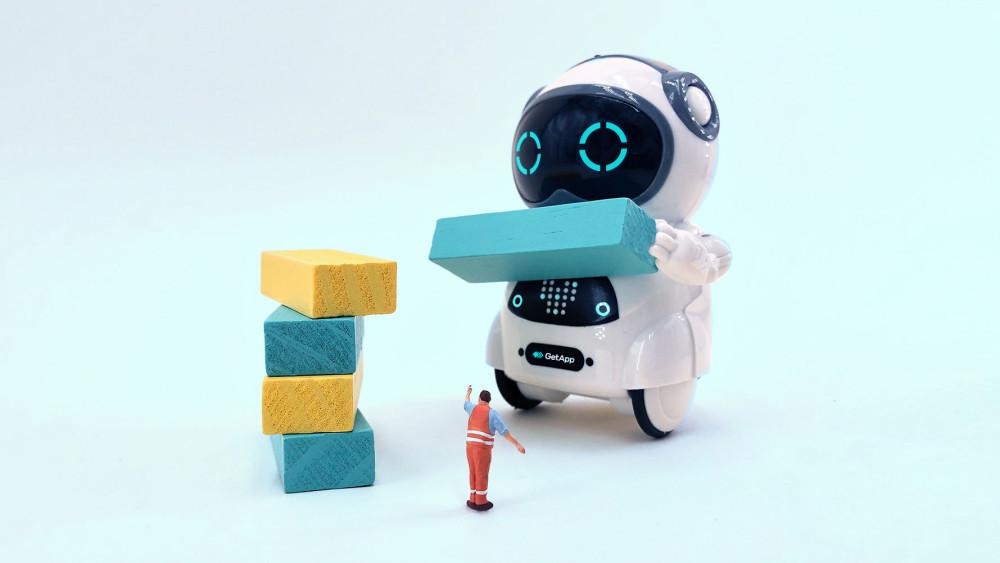Almost four in ten employees in Australia worry about job losses caused by artificial intelligence (AI), a new study has revealed.
According to a recent survey by GetApp, a business app and software discovery platform, around 41 percent of employees in Australia are concerned that generative AI can take their jobs. Additionally, 55 percent of ChatGPT users agree to some extent that ChatGPT content can compete with human creations.




